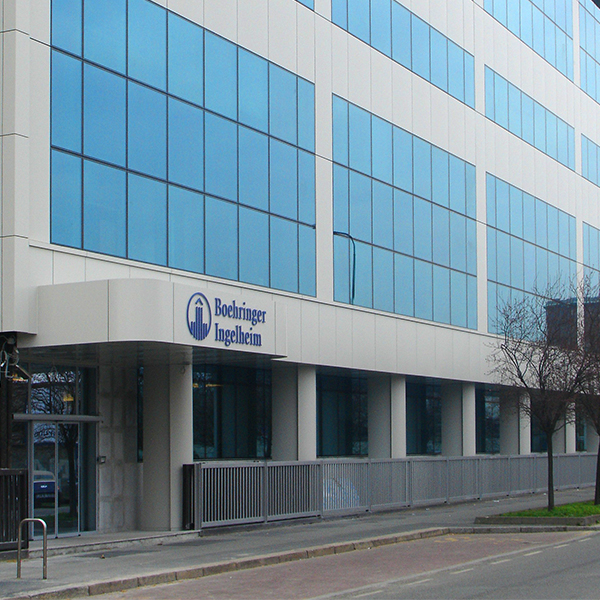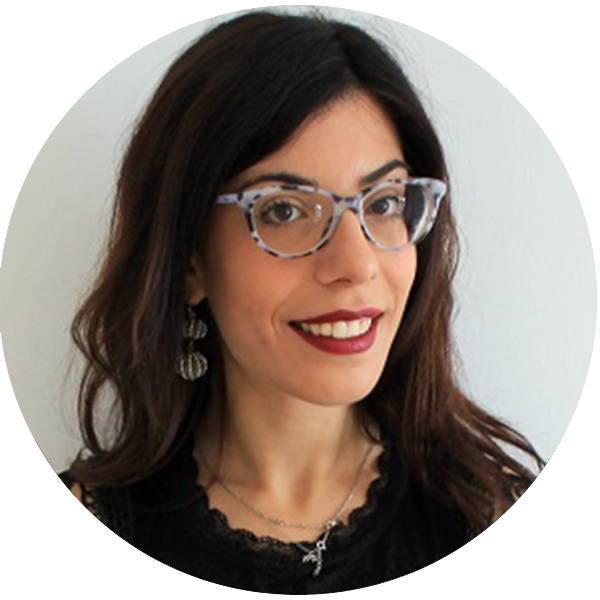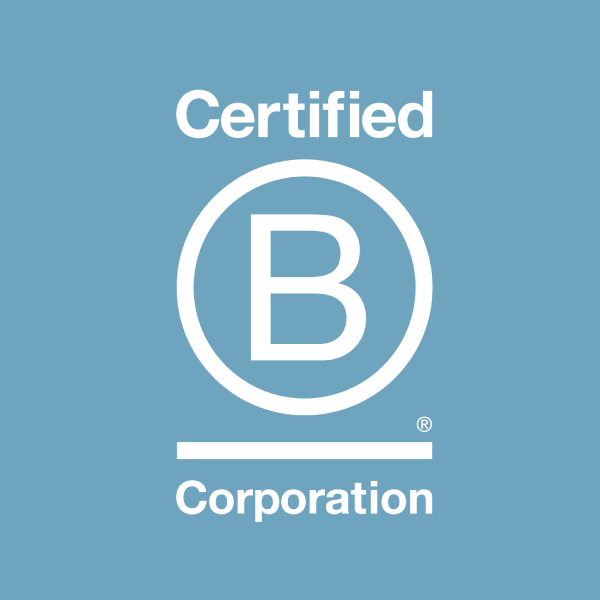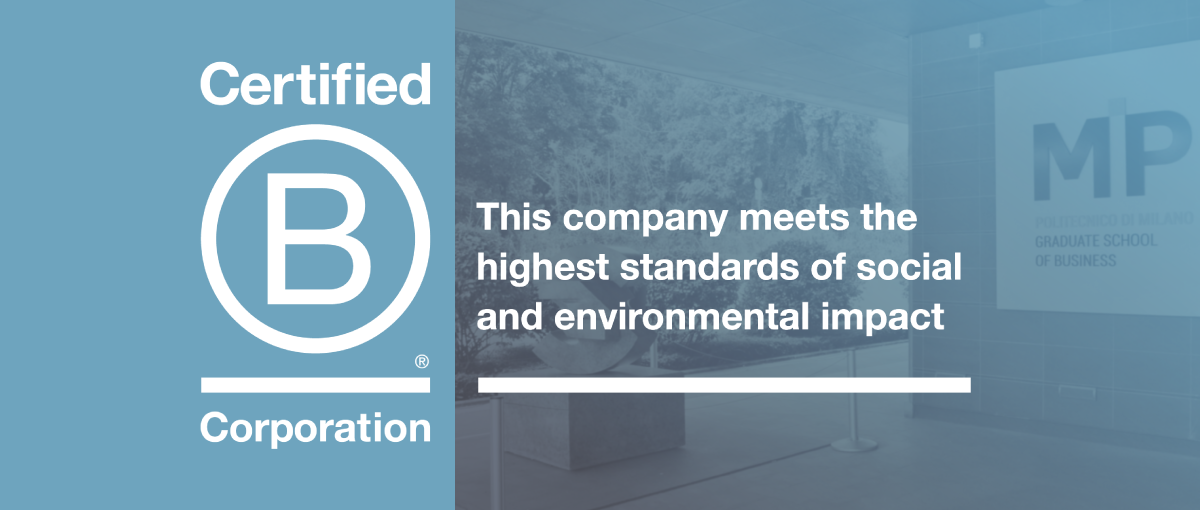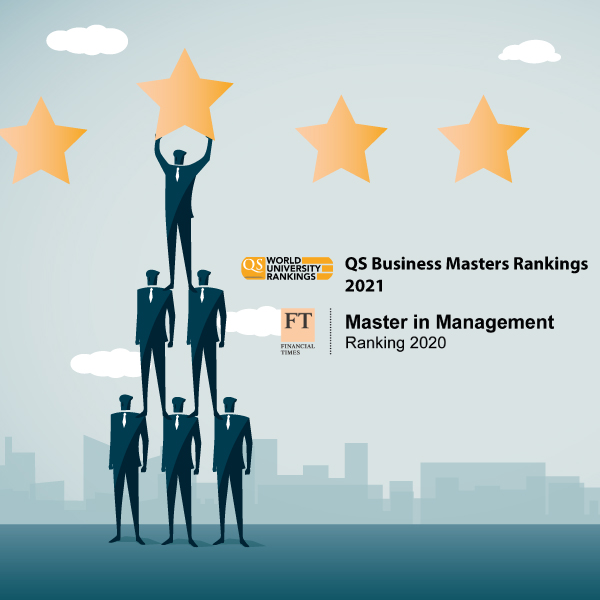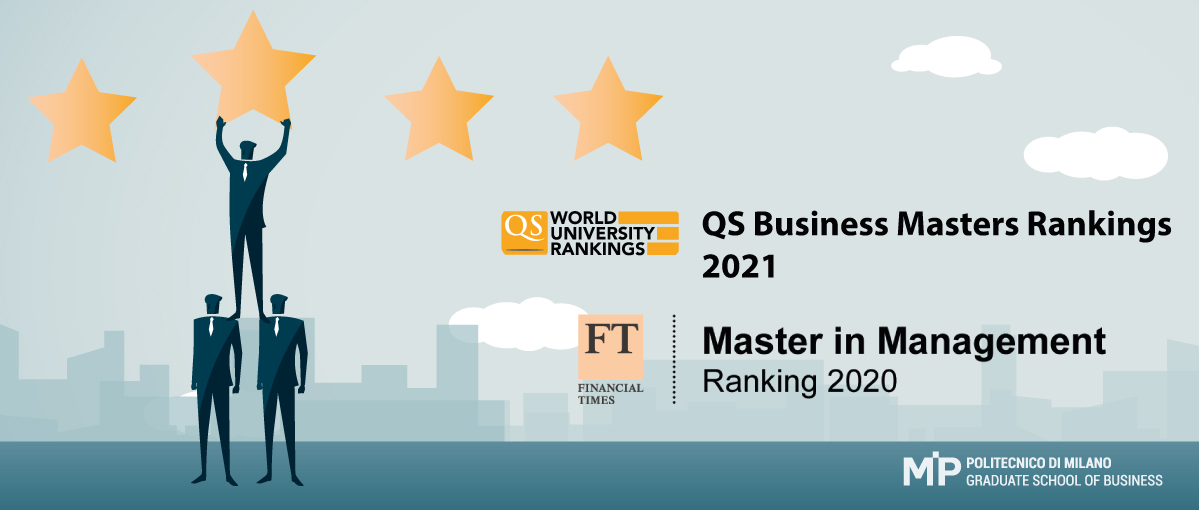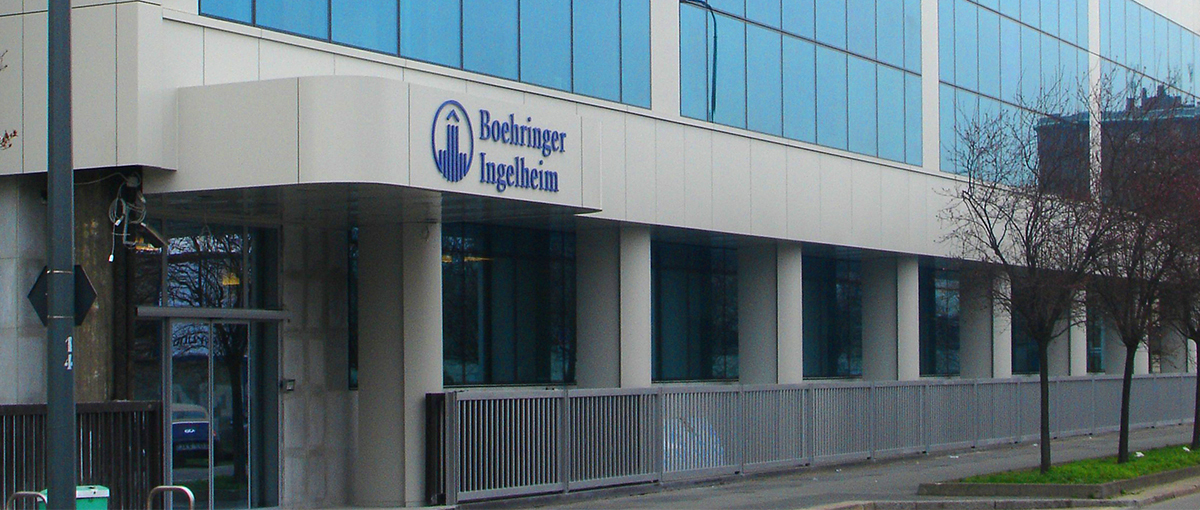
After the completion of courses and bootcamps, putting the MBA experience into practice through the project work is the longest-awaited moment for every candidate. For three months, students have the opportunity to develop a project with a company working on some of the most relevant topics learned during the year. In my case, I worked on a change management project at the Italian branch of Boehringer Ingelheim, an independent and family-owned, world-leading and research-driven pharmaceutical company.
Change management is a discipline and approach aimed at preparing, supporting and helping organizations to transform themselves in line with the evolutions in the technological, economic and social ecosystem and in the market. It is a form of organizational restructuring which requires an overall consideration of external and internal forces impacting the business, and therefore proposes strategic solutions.
The project at Boehringer Ingelheim Italia has the objective of designing and building the to-be model for the growth of the company. The work stream I contributed to with the project, from June to August 2020, gave me the opportunity to acquire a close-up understanding of the overall process and workflow, getting a real hands-on experience where I assisted and advised on the internal analysis and on the methodological framework.
What I enjoyed the most about a structural and strategic project in a multinational firm such as this, was that I was able to have a holistic overview of the whole business in its multi-faceted realities. Having to structure a plan that could work both at an organizational level and at the level of the various business areas, my main challenge was to strike a balance between finding common ground and sustaining a tailored approach towards the single functions. In order to express both points of view, I particularly worked on the company values and corporate guidelines and on the strategic priorities and pillars of the various business and functional areas involved to keep their specificities and understand their unmet needs.
The opportunity indeed proved particularly relevant for applying and sharpening the technical skills acquired during the academic year, and for combining disciplines such as Organization Design with others like Design Thinking and Strategy. The extension of the transformation project to all levels and business areas of the company also required a certain set of soft skills, that I found to be of great importance for mastering the challenge proposed. I had to understand complexity by collecting and connecting the mass of information in a dense organizational context; negotiate and communicate with empathy, exerting leadership and active listening when interacting with the many voices, actors and stakeholders revolving around the project; deliver with clarity, managing all the activities, from the onboarding to the execution, in a working-from-home digital environment, due to the limitations of Covid-19; balance with flexibility my background in academia with the business experience gained through the MBA and adapt research methodologies and practices to the company’s needs.
Now that the collaboration is over, I have had to write about my work in a report that I will present to an academic commission to complete my MBA journey. I can’t believe this year is already coming to an end, but stay tuned, as I will soon wrap up this journey in one last post!
About the author
|
|
Marianna Trimarchi I am a candidate of the International Full Time MBA at MIP. I have a background in academia as a PhD in Communication and Strategic Analysis and a career as content producer in the Media Industry. I have worked for the Italian Television as author and assistant producer for cultural programs as well as for other media outlets as journalist. I am passionate about understanding complex phenomena particularly related to internationalization and global development from a multidisciplinary perspective. |
